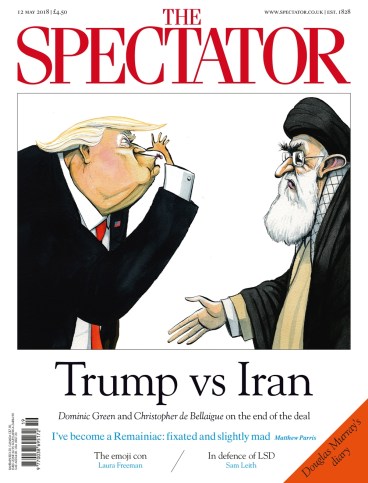The acid test
When Peregrine Worsthorne was on Desert Island Discs in 1992, he chose as his luxury item a lifetime supply of LSD. He may, according to the American journalist Michael Pollan’s fiercely interesting new book, have been on to something. Acid has a bad name these days: either a threat to the sanity of your children,













